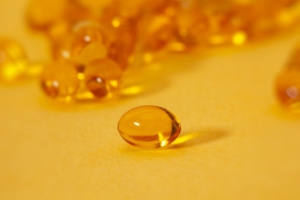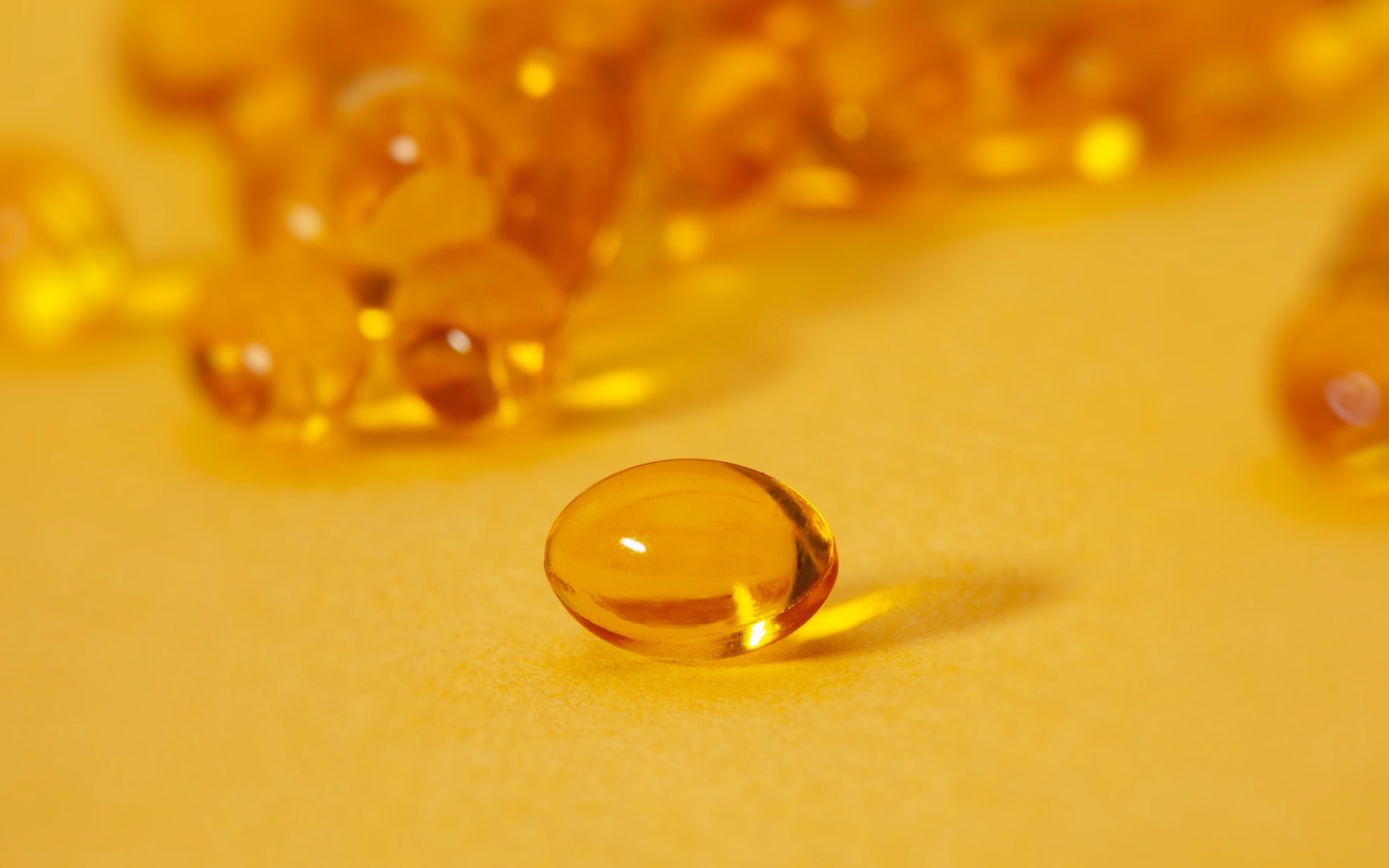
Vitamin D is an essential nutrient that plays a crucial role in our overall health and well-being. It is involved in various biological processes, including bone health, immune function, and mood regulation. One of the best sources of vitamin D is the sun. When our skin is exposed to the sun’s ultraviolet (UV) rays, it produces vitamin D.
However, excessive sun exposure, especially when it leads to sunburn, is a known risk factor for skin cancer, including basal cell carcinoma, squamous cell carcinoma, and melanoma. With this in mind, it’s important to protect ourselves from the sun’s harmful effects. To do so, we can wear sun-protective clothing, which comes in a variety of styles and materials, ranging from lightweight, breathable fabrics to more substantial options like hats, long-sleeved shirts, and pants. This clothing is designed to block out the sun’s harmful rays, keeping our skin safe and protected.
While sun-protective clothing is an essential tool for preventing sun damage, it’s important to remember that it can also impact our body’s ability to produce vitamin D. Our skin needs exposure to the sun’s UVB rays to produce vitamin D, but clothing can block these rays from reaching our skin. As a result, it’s recommended to get moderate sun exposure, especially in the early morning or late afternoon when the sun’s rays are less intense.
To ensure that you’re getting enough vitamin D while protecting yourself from the harmful effects of the sun, it’s recommended to get short periods of sun exposure and to supplement your diet with vitamin D-rich foods or supplements. Foods like fatty fish, egg yolks, and fortified dairy products are good sources of vitamin D. Taking supplements is also an option, but it’s important to talk to a healthcare provider before starting any new supplements.
Several studies have suggested that vitamin D may have a protective effect against certain types of cancer, including breast, prostate, and colorectal cancer. Researchers believe that vitamin D’s ability to regulate cell growth and division may help prevent cancer development and progression. However, excessive sun exposure is a risk factor for skin cancer, and it’s important to balance the potential benefits of vitamin D with the risks of sun exposure.
In conclusion, the link between vitamin D and sun exposure is complex, and it’s important to strike a balance between getting enough vitamin D and protecting ourselves from the sun’s harmful effects. Sun-protective clothing and sunscreen are essential tools for preventing sun damage, and short periods of sun exposure can help ensure our bodies are producing enough vitamin D to support our health. By following these guidelines, we can keep our skin safe and healthy while reaping the benefits of vitamin D.

